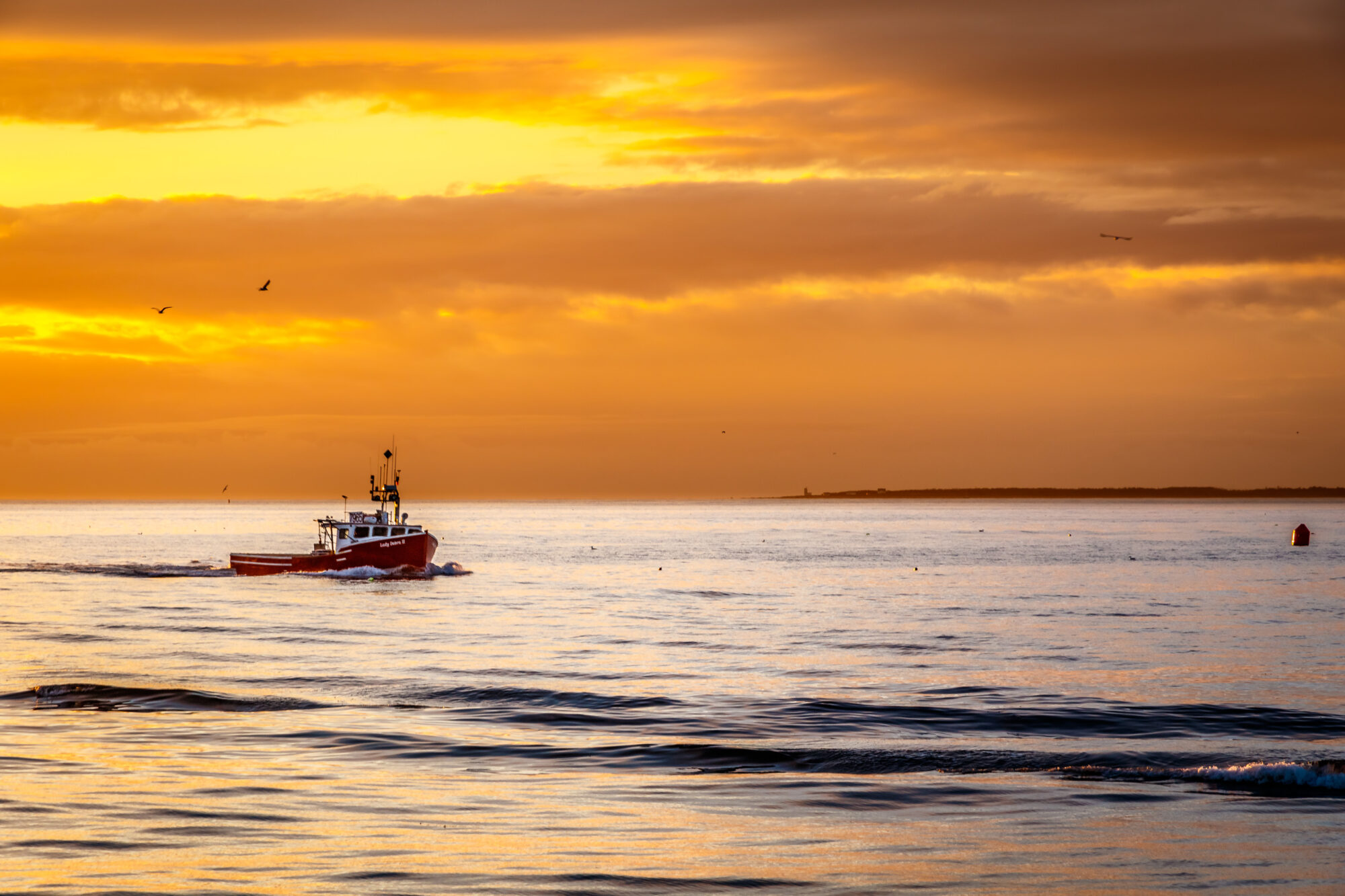
New Policy on Electronic Logbooks a Welcome Development for Fisheries Management
December 6, 2024
HALIFAX—Oceans North applauds a new announcement that electronic logbooks will now be mandatory in some Atlantic Canadian fisheries.
Yesterday, Fisheries and Oceans Canada committed to the mandatory use of electronic logbooks (ELOGs) in select fisheries in DFO’s Gulf and Quebec regions as of January 1, 2025, with others in the Maritimes Region and Newfoundland and Labrador to be added in the spring.
“Access to accurate and timely landing data is key for monitoring and managing fisheries.”
– John Couture, Senior Fisheries Advisor at Oceans North
Many fisheries continue to use paper logbooks to track their catch data, which is then submitted to DFO—a slow and cumbersome process that inhibits fisheries management. A 2023 report from the Auditor General, which reviewed recommendations originally made in 2016, found that the department “remained unable to collect the dependable and timely catch data that it needs to sustainably manage commercial marine fisheries and protect Canada’s fish stocks.”
Yesterday’s announcement shows important progress towards changing that. “Access to accurate and timely landing data is key for monitoring and managing fisheries,” explains John Couture, Senior Fisheries Advisor at Oceans North. “We’re pleased to see that DFO is beginning to modernize its systems and implement technology that will make things simpler and lead to better outcomes.”
However, catch data is not the only essential component of fisheries monitoring. Many fisheries in Atlantic Canada continue to lack adequate at-sea observer coverage, partly due to the limited number of in-person observers available. Solutions such as electronic video monitoring (EVM) exist and have been implemented in other fisheries in Canada and around the world.
“As DFO works to improve the integration of technology into fisheries monitoring and management, we hope to see them work with industry and other partners to implement EVM and other measures that will ensure the long-term health of fisheries and the ecosystem as a whole,” Couture says.
For more information, please contact:
Alex Tesar
Communications Director
Oceans North
[email protected]
